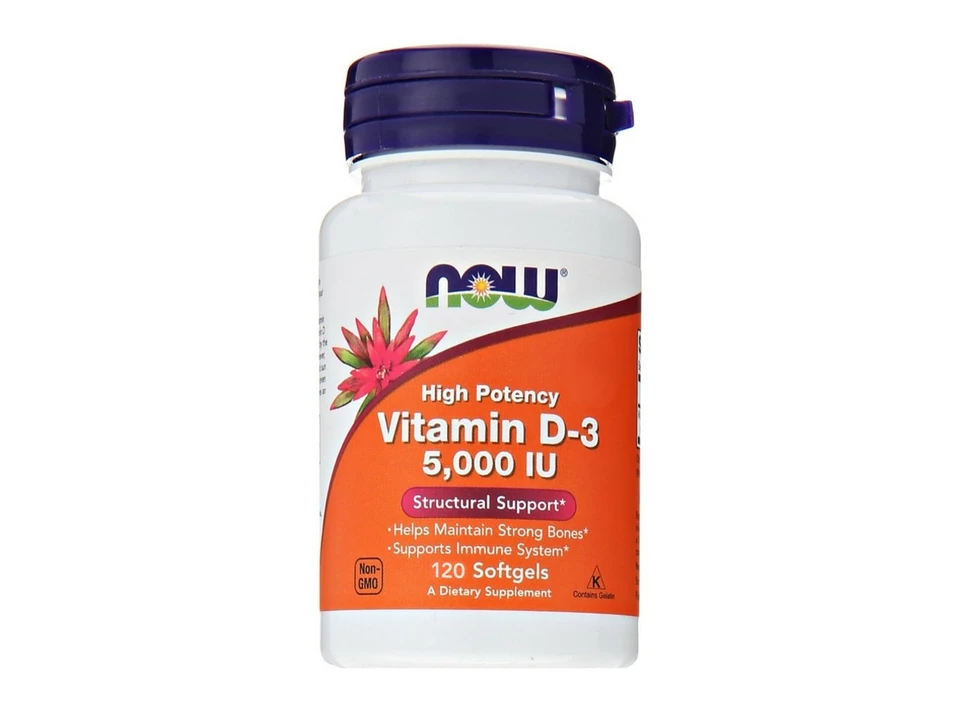Pangamic Acid (Vitamin B15): What It Is and Who Asks About It
Heard of "vitamin B15" in a supplement aisle or online and wondered what it does? Pangamic acid is a controversial compound sold as a health booster for circulation, liver support, and oxygen use. People chase it for energy or recovery, but the science and safety story is messy. Here’s what to know before you consider it.
What pangamic acid is — short and clear
The name "pangamic acid" showed up in mid-20th-century research, mostly from Soviet-era work claiming benefits for blood flow and metabolism. Scientists later found the chemistry confusing: commercial products often contained different molecules—some had dimethylglycine (DMG), others had unknown impurities. Regulatory agencies never accepted it as a true vitamin, and many experts say evidence for health benefits is weak or inconsistent.
People who report benefits usually describe better endurance, faster recovery, or improved circulation. Those are subjective reports, not reliable proof. Small studies from decades ago hinted at effects, but modern, well-controlled trials are largely missing. That makes it hard to trust claims on product labels.
Safety, legal status, and smart use
Safety is the big red flag. Because pangamic acid products have varied chemical makeup, contaminants are possible. The U.S. Food and Drug Administration has warned against using products marketed as vitamin B15 and has blocked some imports. Other countries treat it differently—some allow sales, others restrict them.
Common practical advice: talk to your doctor before trying pangamic acid, especially if you take blood thinners, medications for heart or liver disease, or have a chronic condition. Don’t assume a product labeled "pangamic acid" is pure or safe. Look for third-party testing (USP, NSF, or independent lab reports) and avoid sellers that won't share certificates of analysis.
If you want the benefits people chase—better energy, circulation, or antioxidant support—ask your clinician about proven alternatives. Simple, evidence-backed options include supervised exercise plans, smoking cessation, a balanced diet, and established supplements like vitamin C or omega-3s when indicated. Those choices come with clearer safety profiles and real trial data.
Finally, watch dosage claims. No authoritative body has set a safe daily dose for pangamic acid because its identity and effects remain unclear. If a product promises dramatic benefits or very high doses, treat the claim skeptically.
If pangamic acid keeps popping up in your searches, be curious but cautious. Get medical advice, check product testing, and favor treatments with solid evidence. That approach protects your health and your wallet from pricey, risky hype.

